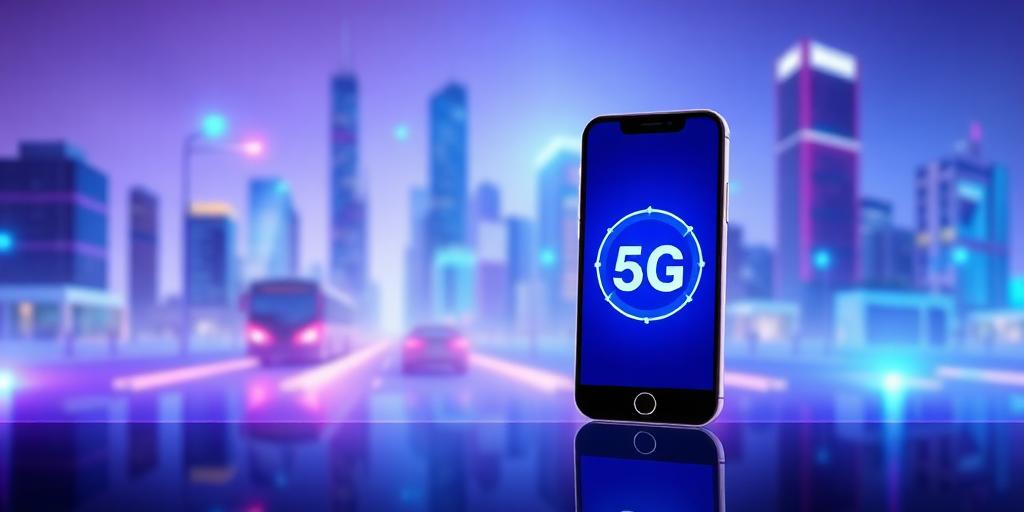Why Your Next Phone Should (or Shouldn't) Be a 5G Phone
5G technology has been a hot topic in the mobile world for several years. Promising faster speeds and lower latency, it's tempting to jump on the 5G bandwagon. But is a 5G phone the right choice for you? This article will break down the pros and cons to help you make an informed decision.
What is 5G?
5G, or fifth-generation wireless technology, is the latest iteration of cellular technology, engineered to greatly increase the speed and responsiveness of wireless networks. This means faster download and upload speeds, more stable connections, and the ability to support more devices simultaneously.
The Advantages of 5G Phones
- Faster Speeds: 5G offers significantly faster data speeds compared to 4G. You can download movies in seconds, stream high-resolution videos without buffering, and experience smoother online gaming.
- Lower Latency: Latency refers to the delay in data transfer. 5G drastically reduces latency, making real-time applications like AR/VR and cloud gaming more responsive.
- Increased Capacity: 5G networks can handle more connected devices than 4G. This is crucial in crowded areas where network congestion can slow down speeds.
- Improved Reliability: 5G networks are designed to be more reliable, offering a more stable connection even when you're on the move.
The Disadvantages of 5G Phones
- Coverage Limitations: 5G coverage is still not as widespread as 4G. While major cities typically have good coverage, rural areas may have limited or no access.
- Higher Cost: 5G phones generally cost more than their 4G counterparts. The advanced technology and components contribute to the higher price tag.
- Battery Drain: 5G connectivity can consume more battery power than 4G. This is because the phone needs to work harder to maintain a 5G connection, especially in areas with weak signal.
- Limited Real-World Benefit (Sometimes): While theoretically faster, the real-world speed difference between 4G and 5G can be marginal depending on your location, network congestion, and specific tasks.
Factors to Consider Before Buying a 5G Phone
- Coverage in Your Area: Check the 5G coverage map of your mobile carrier to ensure that 5G is available in the areas where you frequently use your phone.
- Budget: 5G phones can be expensive. Determine how much you're willing to spend and whether the benefits of 5G justify the higher cost.
- Usage Patterns: Consider how you use your phone. If you primarily browse social media and send emails, the benefits of 5G may not be as noticeable. However, if you frequently stream videos, download large files, or play online games, 5G can make a significant difference.
- Future-Proofing: Even if 5G coverage is limited in your area now, it's likely to expand in the future. Buying a 5G phone can future-proof your device and ensure that you're ready for the next generation of mobile technology.
Conclusion
Deciding whether or not to buy a 5G phone depends on your individual needs and circumstances. Weigh the advantages and disadvantages carefully, considering factors like coverage, cost, and usage patterns. If you live in an area with good 5G coverage, frequently use data-intensive applications, and are willing to pay a premium for faster speeds, a 5G phone is likely a worthwhile investment. However, if 5G coverage is limited in your area, you have a tight budget, or you primarily use your phone for basic tasks, a 4G phone may be a more practical choice.









